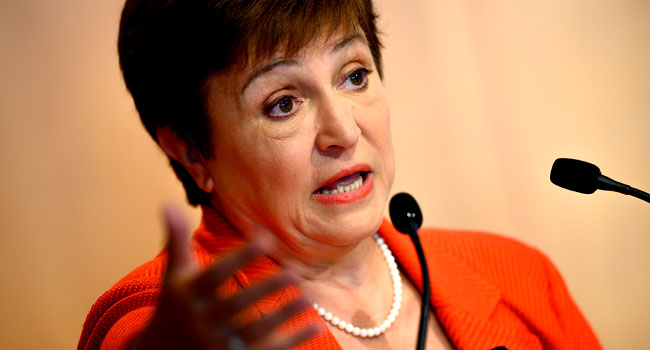The Nigerian naira experienced a slight decline in value on Tuesday, October 14, 2025, across the country’s foreign exchange markets. According to official rates from the Nigerian Foreign Exchange Market (NFEM) and the Central Bank of Nigeria (CBN), the naira hovered around the mid-₦1,400s. In contrast, parallel or black market rates quoted the US dollar between ₦1,490 and ₦1,505.
The official market rate, as reported by the NFEM and CBN, ranged from approximately ₦1,460 to ₦1,466 per US dollar. The CBN’s published reference figures remained within the high ₦1,400s band, which is the rate used by banks and authorized participants. On the other hand, parallel market rates, as reported by AbokiFX, varied between ₦1,490 and ₦1,505 per US dollar, depending on the location and seller.
Market data and foreign exchange trackers indicated that the official exchange rate traded in the mid-₦1,400s on October 14. TradingEconomics’ intraday feed recorded a USD/NGN exchange rate of around ₦1,461.36 for the day. In contrast, parallel market rates remained noticeably higher, with crowd-sourced and market-monitoring services reporting sell quotes between ₦1,490 and ₦1,505.
The current exchange rates are significant, as they reflect the ongoing fluctuations in Nigeria’s foreign exchange market. The naira’s value has been subject to variations in recent times, influenced by factors such as supply and demand, economic indicators, and global market trends. As the Nigerian economy continues to evolve, the foreign exchange market is likely to remain a key area of focus for investors, businesses, and individuals.
The Nigerian government and financial institutions have been working to stabilize the currency and improve the country’s economic outlook. The CBN has implemented various measures to manage the foreign exchange market and maintain economic stability. As the situation continues to unfold, it is essential to monitor the exchange rates and their implications for the Nigerian economy and international trade.



